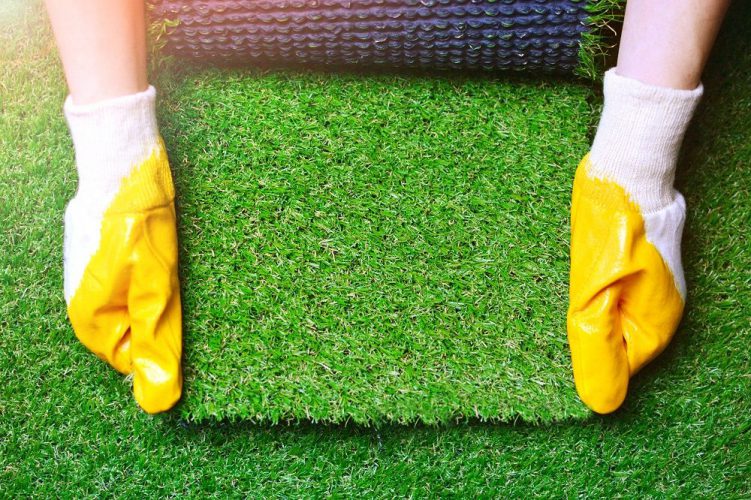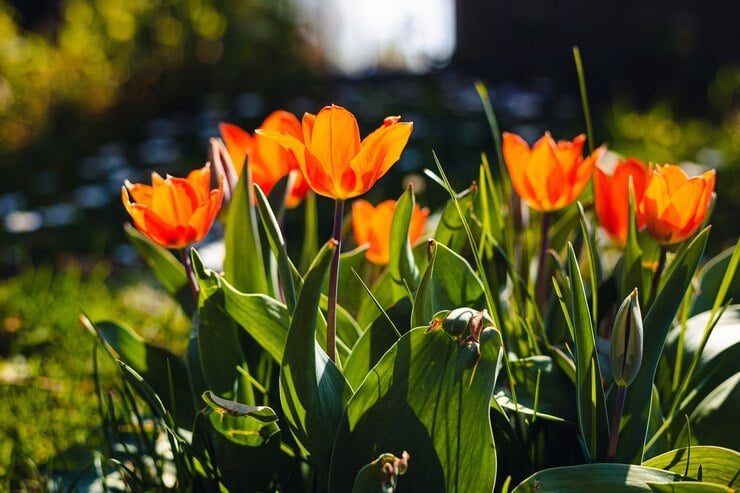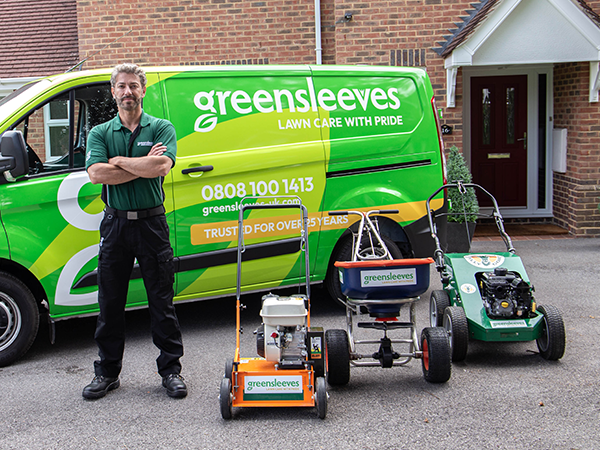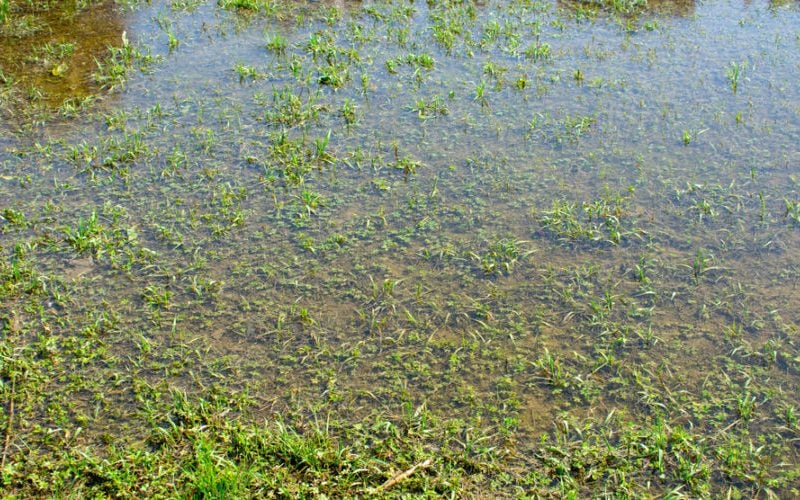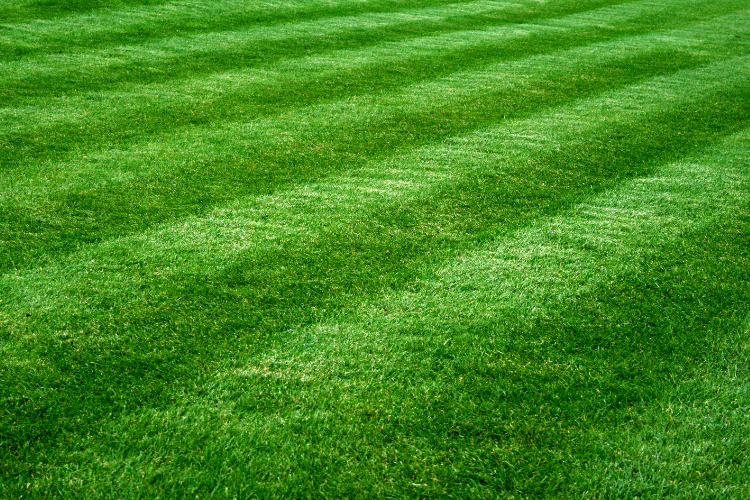Artificial grass has become popular in recent years. There are many questions out there about artificial grass vs natural grass and which you should choose to have. The truth is, it really comes down to what you want from your lawn. There are many misconceptions out there about which grass actually has more benefits, which is why it is important to be fully informed before making this decision. Keep reading for some useful information on artificial grass vs natural grass.
What Are The Differences?
Environmental Benefits
One misconception many people have is the idea that artificial grass is better than natural grass for the environment. This is because artificial grass doesn’t need to be watered, so people assume that this means it reduces your environmental impact. Well, this is not true. Natural grass absorbs carbon from the atmosphere, soaks up water, and provides a natural habitat for wildlife. Read our blog all about the environmental benefits of grass for more information.
Although championed for its water-saving benefits, artificial grass has its own environmental drawbacks. It is a petroleum-based product, meaning that it creates pollution and waste while being manufactured. Unlike natural grass, it doesn’t absorb any carbon dioxide or create oxygen. While it is made partially with recycled materials, this does not mean the product is biodegradable. Instead, after its lifespan of 15-25 years, it will ultimately end up in a landfill.
Appearance & Texture
There is no denying that technology has allowed people to create quite realistic looking artificial grass, but it still isn’t the real thing. Although artificial grass can mimic a natural lawn quite well in looks, you can definitely tell a difference when you touch the grass. As lawn lovers, we’re not quite convinced it matches up to the real deal.
Temperature
Natural grass is great for keeping your garden area and home cool due to the process of transpiration. Artificial grass, on the other hand, warms up in the sun, meaning it can get very hot during the summer months. This not only makes your garden hotter; it also means your home will be hotter too as there is no cooling impact from the natural grass. It can also be unpleasant to walk on when it is near 60°C, when natural grass would be more like 38°C. You must not only worry about your bare feet but that of your children and pets.
Durability
A high-quality artificial lawn will be able to put up with a lot of wear and tear, more so than real grass. The downside here, however, is that if you do end up with a damaged artificial lawn it will have to be replaced. A natural lawn, on the other hand, will be able to repair and recover over time without having to replace it on most occasions. If for some reason, you do have to replace a section, it is still much cheaper than replacing artificial grass, and less obvious when you can blend your new lawn in from the seed up.
Artificial grass tends to have a lifespan of about 15-25 years, whereas natural grass has the potential to last you a lifetime.
Maintenance
In the debate of artificial grass vs natural grass, natural grass does require some extra maintenance. At a minimum, all natural lawns will require weed removal and mowing, especially in the summer months. Artificial grass does have some maintenance needs. They will need to be brushed to keep any leaves and debris off, while also being washed to prevent build up of dirt that sits on the surface. They can also be subject to weeds growing through as well, no matter how good your weed membrane is, nature will always win eventually.
When it comes down to it, both forms of grass have their benefits and weaknesses. Although natural grass can take some extra maintenance, the appearance makes it worth it. Nothing beats the lush green look and feel of a healthy, natural lawn.

